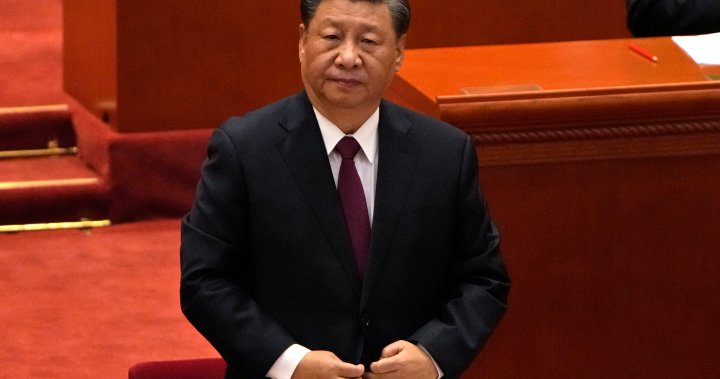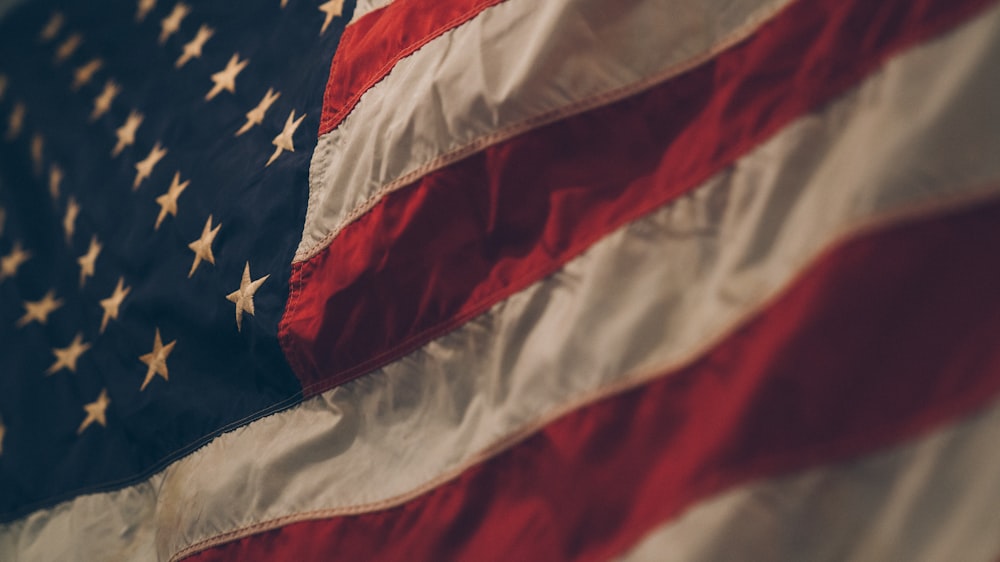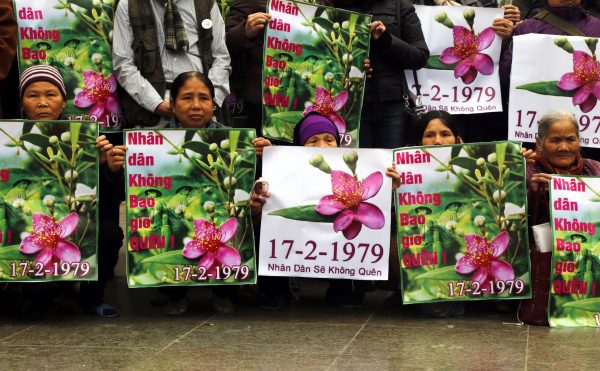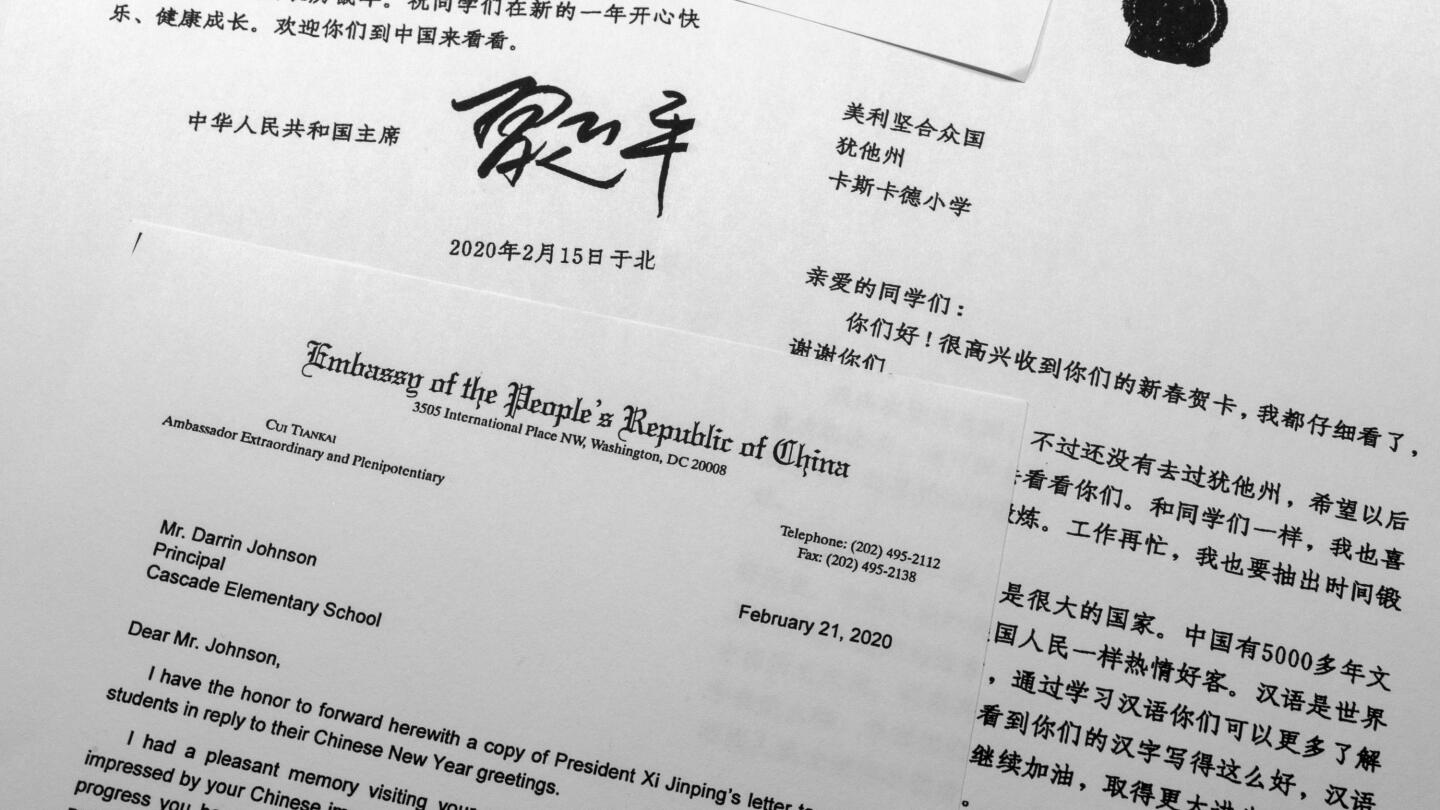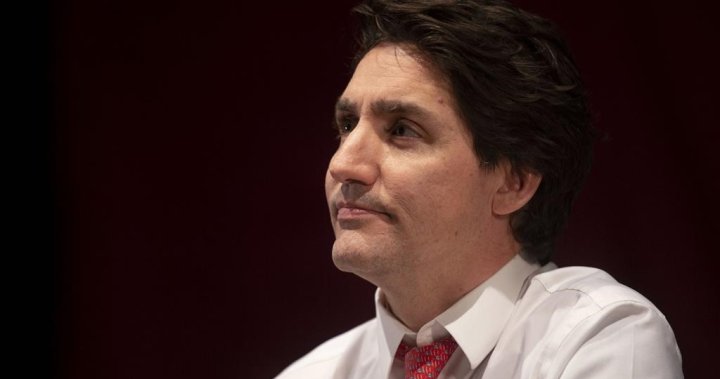daftandbarmy
Army.ca Dinosaur
- Reaction score
- 34,054
- Points
- 1,160
Norman Bethune has been trotted out as a hero for decades. NOW what I read somewhere years ago - I have no idea if its true or not - he only treated Communist soldiers - and the Nationalist soldiers were left to die. I could be wrong.
"Pierre Elliot Trudeau seems to be one of those intellectuals who never seemed to accept the on-going evil of communism…only the terrible mistakes of capitalism. He never really grew up."
He knew very well what was happening - and chose that side. Curse him and I hope its really hot where he is right now.
He was a committed Communist... nuff said:
Henry Norman Bethune, surgeon, inventor, political activist (born 4 March 1890 in Gravenhurst, ON; died 12 November 1939 in Huang Shiko, China). Norman Bethune was an innovative thoracic surgeon who made significant contributions in the field, including the invention or redesign of surgical instruments. He was also an early advocate of universal health care in Canada. A member of the Communist Party, Bethune volunteered during the Spanish Civil War, where he pioneered the mobile blood transfusion unit. In 1938, he travelled to China, where he became a battlefield surgeon for Chinese Communist forces under Mao Zedong. Bethune’s commitment to the welfare of soldiers and civilians during the Sino-Japanese War made him a hero in the People's Republic of China.
Education and Medical Career
Norman Bethune was the son of a Presbyterian minister but took up the profession of his surgeon grandfather. He interrupted his medical studies in Toronto to be a labourer-teacher at Frontier College (1911–12) and to serve in 1915 as a stretcher bearer in the First World War.Following a stint in the Royal Navy, postgraduate training in Britain and private practice in Detroit, Michigan, he was diagnosed with pulmonary tuberculosis in 1926. After this personal crisis, he devoted himself to other tuberculosis victims and to thoracic surgery in Montreal at the Royal Victoria Hospital and later at the Hôpital du Sacré-Coeur, Cartierville, Quebec.
Between 1929 and 1936 Bethune invented or redesigned 12 medical and surgical instruments and wrote 14 articles describing his innovations in thoracic technique. He became increasingly disillusioned with surgical treatment and concerned with the socioeconomic aspects of disease. Bethune challenged his profession and proposed radical reforms of medical care and health services in Canada, including a universal health care system for Canada.
Communist Hero
After a visit to the Soviet Union in 1935, Bethune joined the Communist Party. This commitment took him to the Spanish Civil War in 1936, where he organized a mobile blood transfusion service, the first of its kind, to operate on a 1,000 km front. (See Mackenzie-Papineau Battalion.) He returned to Canada in 1937 to raise money for the antifascist cause in Spain and soon turned his attention to the war being waged by communist forces against the Japanese invaders in China. "Spain and China," he wrote, "are part of the same battle."Bethune left Canada for the last time in 1938 to join the 8th Route Army in the Shanxi-Hobei border region. There, he was a tireless and inventive surgeon, teacher and propagandist, and he adopted the cause and the people as his own. His accidental death in 1939 from septicemia evoked Mao Zedong's essay "In Memory of Norman Bethune," which urged all communists to emulate his spirit of internationalism, his sense of responsibility and his devotion to others. One of three prescribed articles during the Cultural Revolution, the essay made Bethune's name almost synonymous with Canada in China.
Norman Bethune
Henry Norman Bethune, surgeon, inventor, political activist (born 4 March 1890 in Gravenhurst, ON; died 12 November 1939 in Huang Shiko, China). Norman Bethun...


